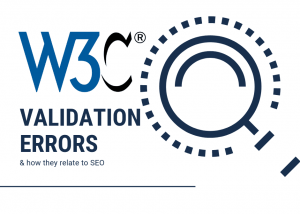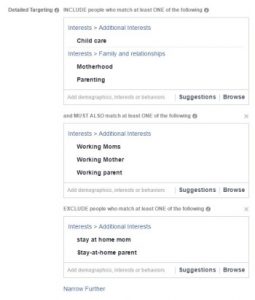As Google Search goes from engine to destination, having to skim through countless hits to find the best answer to a search enquiry is quickly becoming a thing of the past. For years, the people at Google have been striving towards one-click solutions, and that’s about to become a lot more evident.
It was only a short while ago that a web page like this one was considered highly useful in day-to-day life:

Today, you can almost see the digital tumbleweeds blowing across the site. That’s because the clever engineers at Google figured that everyone’s lives would be a little easier if this was all you had to do instead:

Almost 2.5 million solutions in under a second, and yet the only answer you need is right in front of you without so much as clicking a link. The curious thinker will take a look at this and ask what else this notion could apply to. Once a question like that has been raised, the possibilities become virtually endless.
It all started with the idea that search engines like Google no longer wanted to beat around the bush when the answer was simple and straight-forward enough that it didn’t require a lengthy explanation (or could be answered in 1 click). Now that technology has evolved, the types of functions that we’ll be seeing in this format will become evermore complex and contextual.
Google + Twitter: The Perfect Match
A relationship between Google and Twitter has now been brewing for over four years. It’s not surprising that with something as sensitive as real-time news, the two companies have taken so long to figure out where they stand; but we are finally seeing some movement. The integration of Twitter within search results not only signals that users are now consuming media in a whole new way, but also has the potential to add layers of context and interactivity to the process of searching for news.
While the issue with Google News is that it’s at least a couple of hours delayed (while journalists write their articles), the problem with Twitter is that it can be hard to distinguish credible news from a random tweet. In this way, a marriage between the two could help bridge the gap by delivering faster results with the Google stamp of credibility. As for context, by learning a searcher’s personal preferences and patterns on Twitter, results can become less objective and more personalized based on who the searcher follows and the topics that interest them.
More On Personalization
With the launch of Google Plus in 2011, it became blatantly obvious that Google aims to be a one-stop-shop for all things Internet. The corporation hoped to collect enough data through its social networking channel to be able to customize search results to a point where the engine knows you better than you know yourself. Creepy as that may sound, it hardly comes as a surprise to anyone in this day and age. While some will argue that Google Plus was a social flop, enough information was collected to be able to understand users and offer up results that are more relevant to individual needs and beliefs. This could be anything from Google knowing your favorite order at Pizza Hut to guessing where you want to go on vacation and offering up personalized results for Havana, Cuba.

Is This The Death Of The Search Engine?
Perhaps as we know it. Consider this evolutionary step more of an advancement in the way the world manages “big data.” With any hope, smarter results will help humans make faster, more accurate decisions. As of now there is still much ambiguity as to what impact this will have on areas such as SMB eCommerce, but we do know the game is changing once again.
(165)
Report Post








